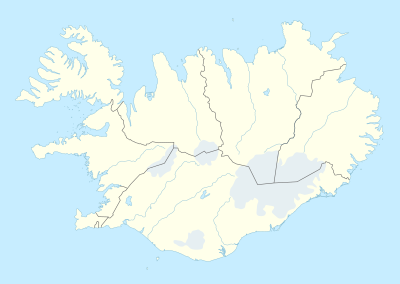Teams
The league consisted of twelve teams; eight teams remaining from the previous season, two teams promoted from the 2. deild karla, and two teams relegated from the Besta deild karla.
The promoted teams were 2023 2. deild karla champions Dalvík/Reynir and runners-up ÍR (replacing the 2023 1. deild karla relegated teams Ægir and Selfoss). The relegated teams were 2023 Besta deild karla bottom two teams ÍBV and Keflavík (replacing the 2023 1. deild karla promoted teams ÍA and Vestri).
